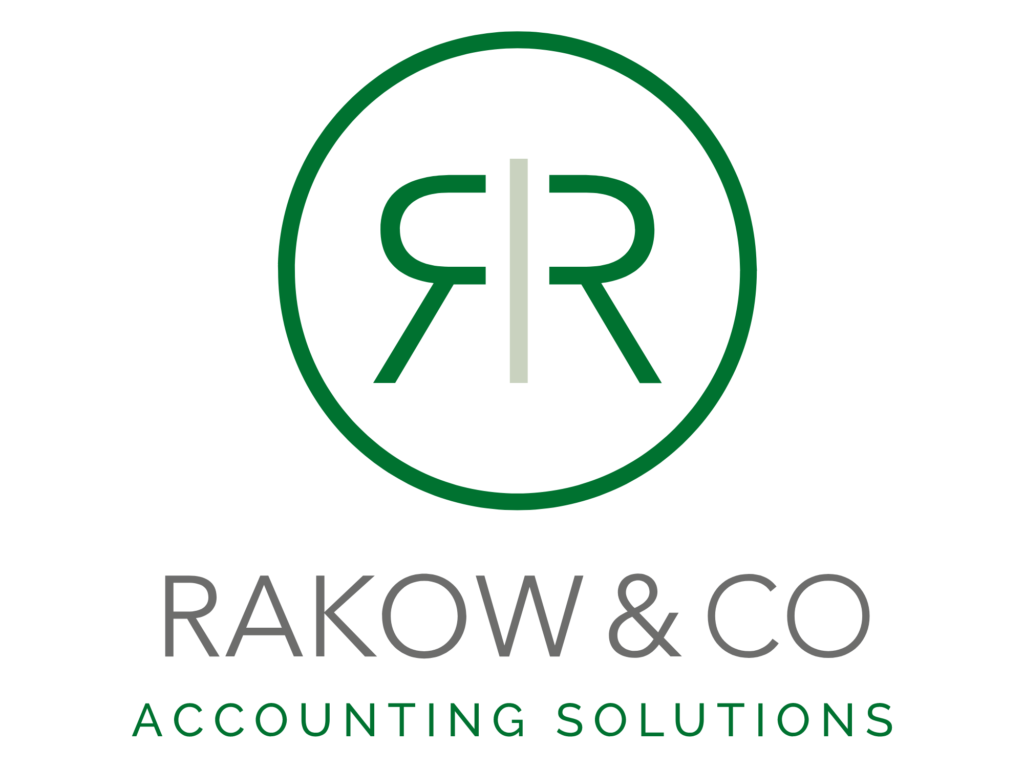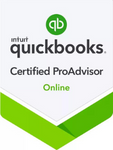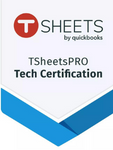An Employer Identification Number (EIN) number is a unique nine-digit identifier similar to a social security number. However, EINs are used to identify businesses for tax and administrative purposes. This guide will cover everything you need to know about EINs, including how to get one in New Jersey and other US territories and why you need it.
What Is The Purpose Of An EIN?
The purpose of an EIN is to provide a unique identifier for businesses, allowing the Internal Revenue Service (IRS) to identify your entity quickly. It is necessary for tax purposes, setting up a business bank account, business licenses and permits, filing tax returns and recruiting new employees.
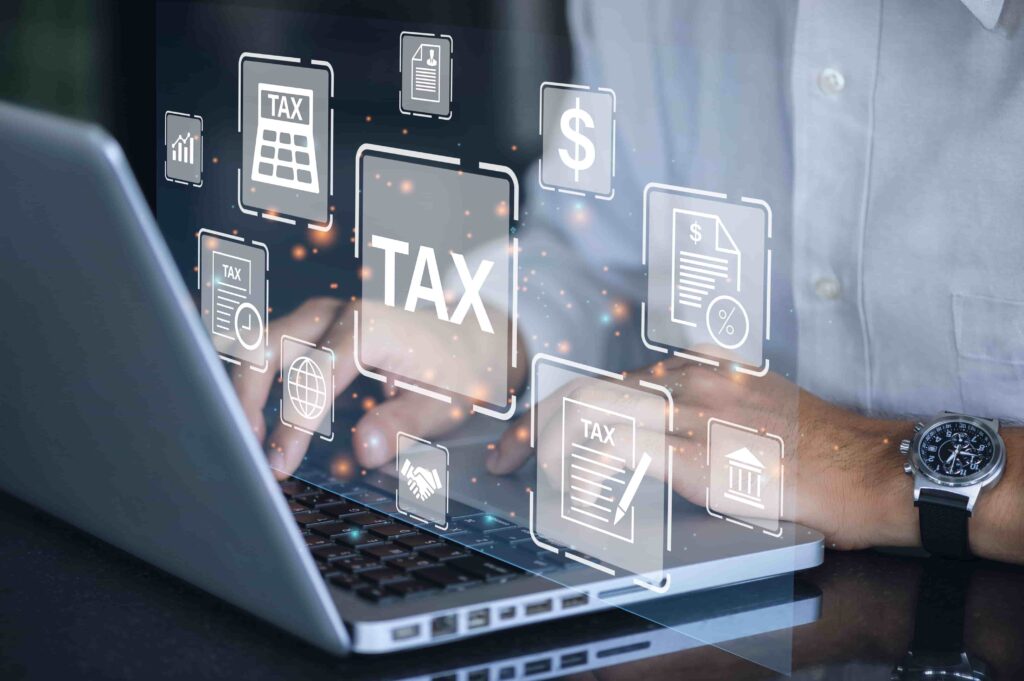
When To Apply For An EIN
In the past, businesses used to fill out the IRS Form SS-4 to apply for an EIN. Nowadays you can simply apply online via the IRS website which typically provides an identification number immediately.
Once you have completed the validation process successfully you’ll receive your unique number. We recommend that you download, save or print the document for safekeeping and easy access.
The Importance Of EIN
EIN numbers are essential for operating a business in many ways. Firstly, it’s a unique digit that gets assigned to your company and never expires.
Since you cannot do business without an identification number, having one is critical. You also need it to employ workers, open bank accounts, keep corporate shields, file business taxes, and register state taxes.
As a sole proprietor, having an EIN can be helpful, serving as a legal identifier. Instead of using your personal bank account and other personal information like your social security number, you can use your employer identification number, which can help protect against identity theft.
Who Needs An EIN And Who Doesn’t
All partnerships, corporations (including S-Corps), LLCs, non-profits, trusts, estates, and any other entity that pays tax to the IRS must have a unique identifying number.
As a sole proprietor, you don’t need an EIN. Instead, you can use your Social Security Number. But, if you hire employees, file for bankruptcy or create a different business structure, you’ll need one. You’ll also need one if you have a Keogh or a 401K plan or an existing business that you operate as a sole proprietor.
Benefits Of An EIN
There are multiple benefits to having an EIN. Many small businesses choose to have one, even if they don’t need it. The benefits include the following:
- It provides legal recognition of your business
- It protects against identity theft
- Filing taxes is more straightforward
- It reduces personal liability
- Applying for business credit cards is easier
- Taking out business loans is easier

Who Is Eligible For EIN
Any business entity that is recognized by the IRS for tax purposes is eligible to obtain an EIN. This includes sole proprietors, partnerships, corporations, limited liability companies (LLCs), non-profit organizations, trusts, estates, and more.
Individuals who are not engaged in any business or employment activities are generally not eligible for an EIN, as they do not have any tax-related obligations that would require them to have one.
When you apply online, you must have a valid Taxpayer Identification Number (SSN, ITIN, EIN). You must be a natural person to apply and you’re limited to one EIN daily.
How To Apply For An EIN
To apply for an EIN, you must meet certain requirements and provide information to the IRS. Here are some of the key requirements for obtaining an EIN:
- Business entity: You must have a valid business entity that is recognized by the IRS, such as a sole proprietorship, partnership, corporation, LLC, or trust.
- Principal officer, general partner, or owner: You must have a valid and authorized person who is responsible for the business and is authorized to apply for an EIN. This person may be the principal officer, general partner, or owner of the business.
- Social Security Number (SSN) or Individual Taxpayer Identification Number (ITIN): The person applying for the EIN must have a valid SSN or ITIN. This is required to identify the person applying for the EIN and to ensure that the EIN is associated with the correct tax account.
- Reason for applying: You must have a valid reason for applying for an EIN, such as starting a new business, hiring employees, opening a bank account, or changing the structure of your business.
- Required information: When applying for an EIN, you will need to provide basic information about your business, including its legal name, physical address, type of business entity, and the name and SSN/ITIN of the person applying for the EIN.
The IRS provides several ways to apply for an EIN, including online, by phone, by mail, or by fax. The application process is generally straightforward and can be completed in a matter of minutes, depending on the method you choose.
Changing Or Replacing Your EIN
If your business undergoes significant changes, such as a change in ownership, bankruptcy, identity theft or a change in your legal business structure, you may need to apply for a new EIN. You can request a new EIN by contacting the IRS.
Closing Your EIN
If you have obtained an identification number for your business, it will always be linked to you, even if you don’t file any returns.
However, if you no longer need it, you can close the EIN account by following these steps:
- File your final tax return: Before closing your EIN, you need to file your last tax return with the IRS. Ensure you include any necessary forms for the year in which you are closing your EIN.
- Send a letter to the IRS: After filing your final tax return, you should send a letter to the IRS requesting the closure of your account. The letter should include your business name, address, EIN, and the reason for closing.
- Destroy your EIN confirmation letter: Once the IRS confirms the closure of your account, you should destroy your EIN confirmation letter and any other documents containing the unique identifier.
There’s a chance you may not be able to use the same number again if you plan to reopen your business in the future.
It’s essential to ensure that you have taken all the necessary steps to close your EIN properly to avoid any potential problems. If you have any questions regarding closing your account or reopening your business, you can contact the IRS for guidance.
The Difference: EIN vs. TIN
TIN stands for Taxpayer Identification Number. While an EIN is a unique number for a business, a TIN can refer to a variety of identification numbers used for tax purposes by individuals and entities.
TINs can refer to Social Security Numbers (SSNs) for individuals, Individual Taxpayer Identification Numbers (ITINs) for nonresident aliens and others who don’t qualify for an SSN, and Adoption Taxpayer Identification Numbers (ATINs) for adopted children who don’t yet have an SSN.
An EIN would be considered a specific type of TIN used for business purposes.
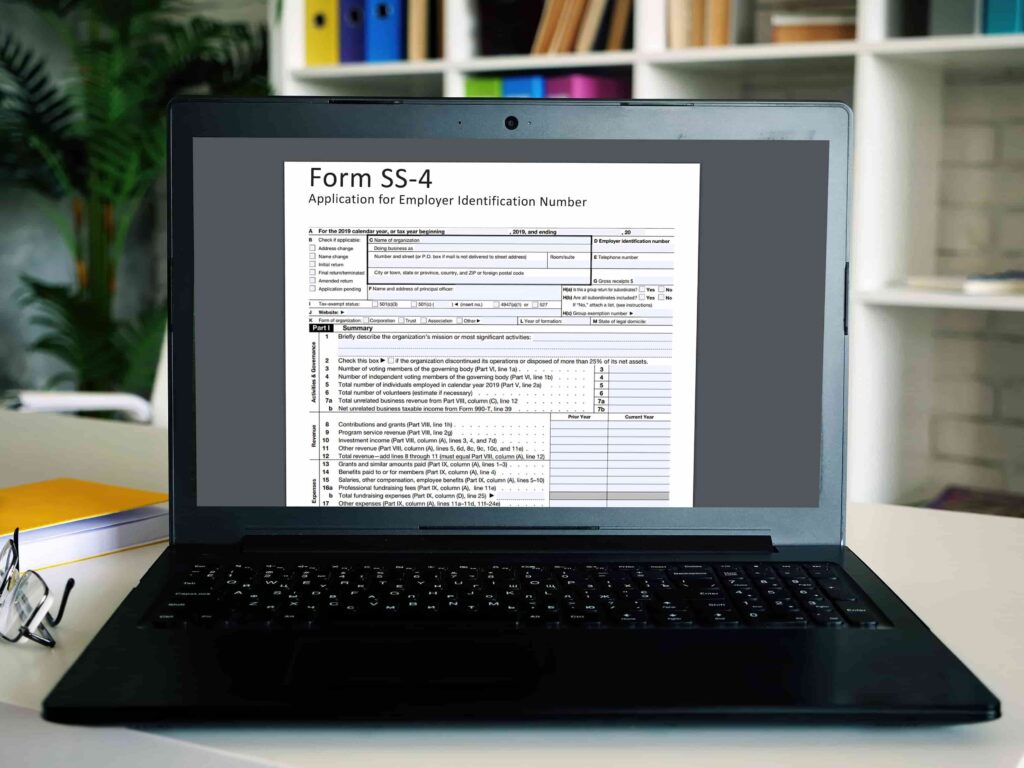
FAQs
How long does it take to get an EIN number?
You can apply for an EIN online, by phone, fax or by mail. You’ll receive the EIN number immediately if you apply online and validate your information. In most cases it takes a couple of minutes. If you apply via mail, it will take about four weeks.
Does a sole proprietorship need an EIN?
If a sole proprietorship does not file excise, pension plan or tax returns, they do not need an EIN. However, they will need an identification number as soon as they hire employees or file any of the returns mentioned above.
Can I cancel EIN number?
You can’t cancel your EIN number if your business is still active. Once your business receives the number, it’s permanently assigned to that entity.
If you need to legitimately cancel your EIN number you must file your final tax return and then send a letter to the IRS requesting the closure of the account.
How to get a business loan with EIN number?
You can use your EIN to apply for business loans. If the lender only uses this number, they will treat you separately from your business. So, your personal credit rating won’t be impacted. Some lenders may ask for a personal guarantee with an SSN.
What are the benefits of having an EIN number?
There are numerous benefits to having an identification number:
An EIN is required to file business taxes and avoid tax penalties
As a sole proprietor you can avoid using your social security number and minimize the risk of identity theft
If you borrow money you can build your company’s credit rating
As a freelancer an EIN will also make you more credible.
You can hire employees once you have the EIN.
How much does it cost to get an EIN number?
It’s free to apply for an identification number. Be careful of any website offering this service for a fee.
What if I lost my EIN number?
If you lost your identification, try one of the following four steps to find the number.
1) Look for the IRS notice when you first applied for EIN. This will be a confirmation they’ve received your application.
2) If you used your EIN number when opening a bank account or applying for a state or local license, ask them for it.
3) If you’ve filed a tax return using your EIN, check the return as it will contain the number.
4) Alternatively, call the IRS at 800-829-4933. They will need to run some checks to verify your identity. Once that’s complete, you’ll receive your unique identifier over the phone.
